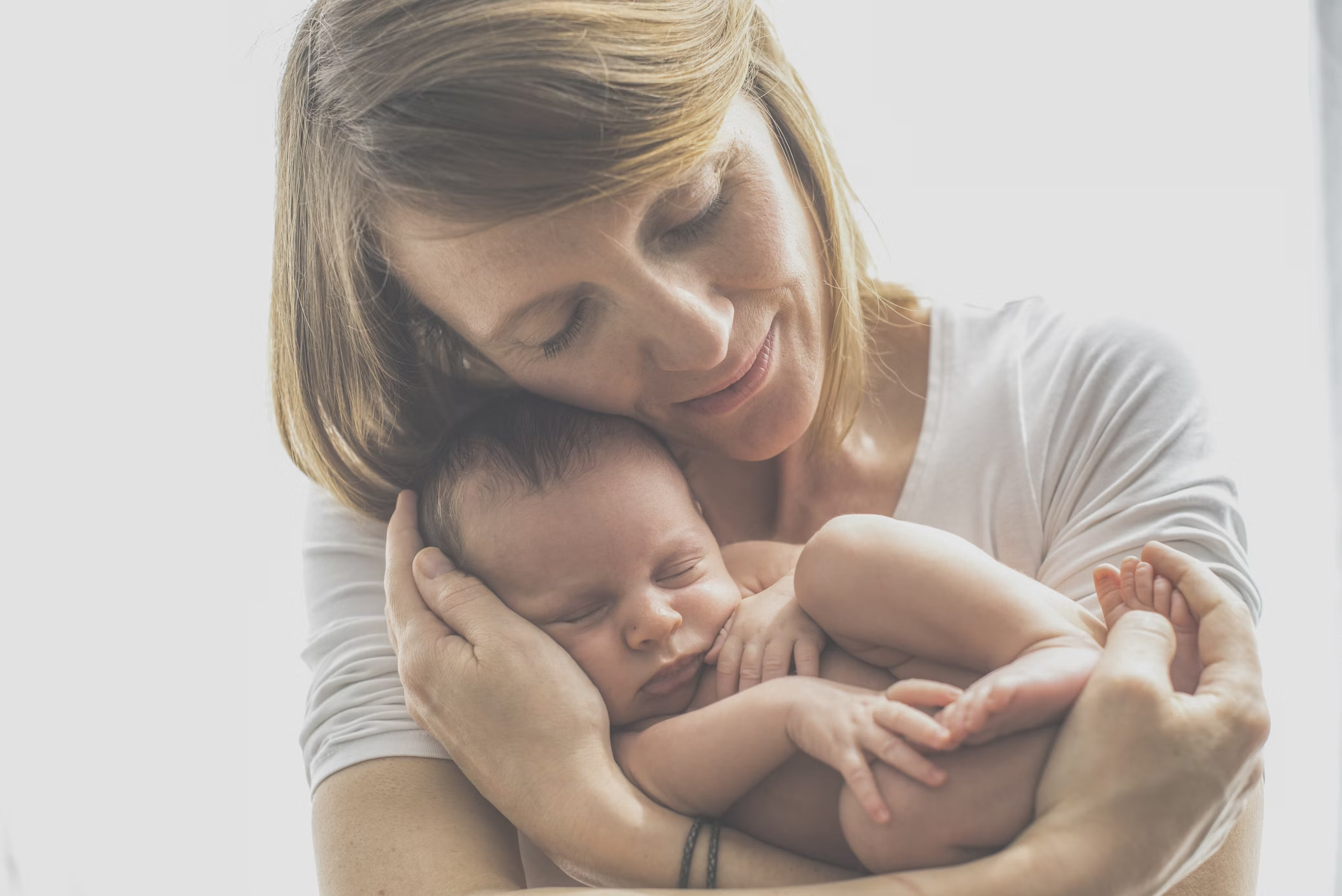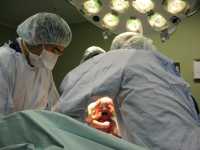Nursing Homes, OBGYNE / 17.10.2024
Thoughtful Tips for Creating a Nurturing Space for Postpartum Recovery at Home
The postpartum period can be both beautiful and challenging as new mothers navigate recovery while caring for their newborns. Creating a nurturing space at home is essential to support healing and emotional well-being.
As per the Cleveland Clinic, postpartum depression is a prevalent issue, with about 75% of new mothers experiencing the baby blues shortly after delivery. Of those, approximately 15% will go on to develop postpartum depression, which can significantly impact their recovery and overall well-being. In more severe cases, about one in 1,000 individuals may experience postpartum psychosis. This highlights the importance of support from qualified nursing professionals during this critical time.
A comfortable, calming environment can significantly impact your recovery experience. From organizing your living area to incorporating elements that promote relaxation, small adjustments can make a big difference. In this article, we’ll explore how to design your postpartum space thoughtfully and practical tips to enhance your recovery journey at home.
(more…)



